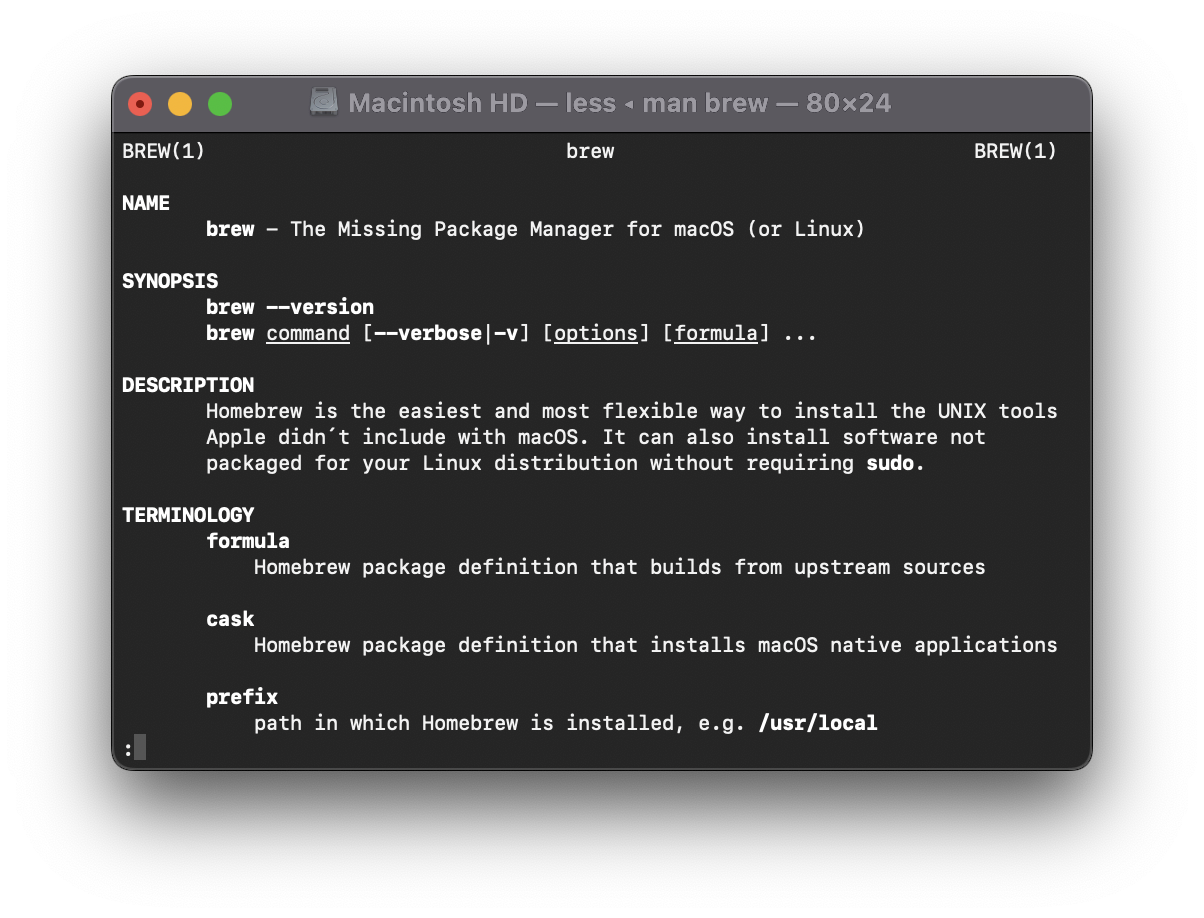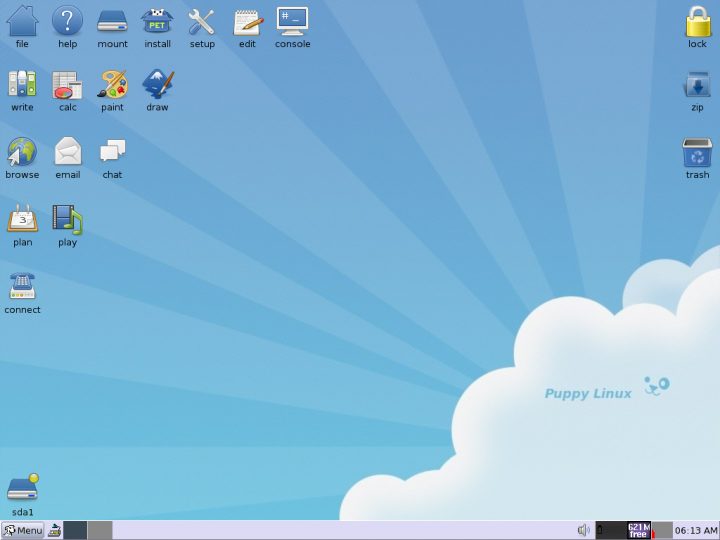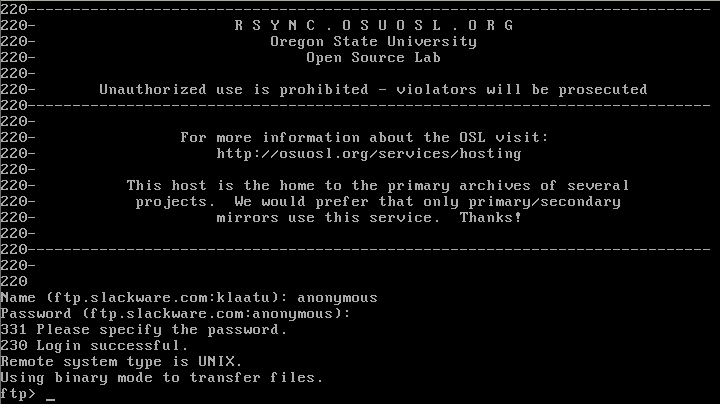|
List Of Software Package Management Systems
This is a list of notable software package management systems, categorized first by package format (binary, source code, hybrid) and then by operating system family. Binary packages The following package management systems distribute apps in binary package form; i.e., all apps are compiled and ready to be installed and use. Unix-like Linux * dpkg: Originally used by Debian and now by Ubuntu. Uses the .deb format and was the first to have a widely known dependency resolution tool, APT. The ncurses-based front-end for APT, aptitude, is also a popular package manager for Debian-based systems; * Entropy: Used by and created for Sabayon Linux. It works with binary packages that are bzip2-compressed tar archives (file extension: .tbz2), that are created using Entropy itself, from tbz2 binaries produced by Portage: From ebuilds, a type of specialized shell script; * Flatpak: A containerized/sandboxed packaging format previously known as xdg-app; * GNU Guix: Used by the GNU System. ... [...More Info...] [...Related Items...] OR: [Wikipedia] [Google] [Baidu] |
Binary (software)
A binary file is a computer file that is not a text file. The term "binary file" is often used as a term meaning "non-text file". Many binary file formats contain parts that can be interpreted as text; for example, some computer document files containing formatted text, such as older Microsoft Word document files, contain the text of the document but also contain formatting information in binary form. Background and terminology All modern computers store information in the form of bits (binary digits), using binary code. For this reason, all data stored on a computer is, in some sense, "binary". However, one particularly useful and ubiquitous type of data stored on a computer is one in which the bits represent text, by way of a character encoding. Those files are called " text files" and files which are not like that are referred to as "binary files", as a sort of retronym or hypernym. Some "text files" contain portions that are actually binary data, and many "binary files ... [...More Info...] [...Related Items...] OR: [Wikipedia] [Google] [Baidu] |
Homebrew (package Manager)
Homebrew is a free and open-source software package management system that simplifies the installation of software on Apple's operating system, macOS, as well as Linux. The name is intended to suggest the idea of building software on the Mac depending on the user's taste. Originally written by Max Howell, the package manager has gained popularity in the Ruby on Rails community and earned praise for its extensibility. Homebrew has been recommended for its ease of use as well as its integration into the command-line interface. Homebrew is a member of the Open Source Collective, and is run entirely by unpaid volunteers. Homebrew has made extensive use of GitHub to expand the support of several packages through user contributions. In 2010, Homebrew was the third-most- forked repository on GitHub. In 2012, Homebrew had the largest number of new contributors on GitHub. In 2013, Homebrew had both the largest number of contributors and issues closed of any project on GitHub. Homebrew ... [...More Info...] [...Related Items...] OR: [Wikipedia] [Google] [Baidu] |
PETget
Puppy Linux is a family of light-weight Linux distributions that focus on ease of use and minimal memory footprint. The entire system can be run from random-access memory (RAM) with current versions generally taking up about 600 MB (64-bit), 300 MB (32-bit), allowing the boot medium to be removed after the operating system has started. Applications such as AbiWord, Gnumeric and MPlayer are included, along with a choice of lightweight web browsers and a utility for downloading other packages. The distribution was originally developed by Barry Kauler and other members of the community, until Kauler retired in 2013. The tool Woof can build a Puppy Linux distribution from the binary packages of other Linux distributions. History Barry Kauler started Puppy Linux in response to a trend of other distributions becoming stricter on system requirements over time. His own distribution, with an emphasis on speed and efficiency and being lightweight, started from "Boot disk HOWTO" and gr ... [...More Info...] [...Related Items...] OR: [Wikipedia] [Google] [Baidu] |
Frugalware
Frugalware Linux is a general-purpose Linux distribution designed for intermediate users who are familiar with command-line operations. Early versions were based on Slackware, but it later became an independently developed distribution. Frugalware makes use of the Pacman package management system from Arch Linux. History Frugalware was founded in 2004 by Miklós Vajna. He considered Slackware's package manager ''pkgtools'' too slow, and wanted to rewrite it in C. He was told that it would never be accepted by Slackware, so Vajna started to think about founding a separate Linux distribution. He replaced Slackware's original init scripts and build system, and added Pacman, the package manager from Arch Linux. As a result, Frugalware was born. Package management Since version 0.6 Frugalware has used the Pacman-G2 package manager. It is a fork of a CVS version of the complete rewrite of Pacman by Aurelien Foret, which was not officially released at the time. Previously Frugalw ... [...More Info...] [...Related Items...] OR: [Wikipedia] [Google] [Baidu] |
Arch Linux
Arch Linux () is an Open-source software, open source, rolling release Linux distribution. Arch Linux is kept up-to-date by regularly updating the individual pieces of software that it comprises. Arch Linux is intentionally minimal, and is meant to be configured by the user during installation so they may add only what they require. Arch Linux provides monthly "snapshots" which are used as Optical disc image, installation media. #Pacman, Pacman, a package manager written specifically for Arch Linux, is used to install, remove and update software packages. Additionally, the Arch User Repository (AUR), which is the community-driven repository for Arch Linux provides packages not included in the official repositories and alternative versions of packages; AUR packages can be downloaded and built manually, or installed through an AUR 'helper'. Arch Linux has comprehensive documentation in the form of a community-run wiki known as the ArchWiki. History Inspired by CRUX, another mi ... [...More Info...] [...Related Items...] OR: [Wikipedia] [Google] [Baidu] |
Pacman (package Manager)
Arch Linux () is an open source, rolling release Linux distribution. Arch Linux is kept up-to-date by regularly updating the individual pieces of software that it comprises. Arch Linux is intentionally minimal, and is meant to be configured by the user during installation so they may add only what they require. Arch Linux provides monthly "snapshots" which are used as installation media. Pacman, a package manager written specifically for Arch Linux, is used to install, remove and update software packages. Additionally, the Arch User Repository (AUR), which is the community-driven repository for Arch Linux provides packages not included in the official repositories and alternative versions of packages; AUR packages can be downloaded and built manually, or installed through an AUR 'helper'. Arch Linux has comprehensive documentation in the form of a community-run wiki known as the ArchWiki. History Inspired by CRUX, another minimalist distribution, Judd Vinet started the Ar ... [...More Info...] [...Related Items...] OR: [Wikipedia] [Google] [Baidu] |
RPM Package Manager
RPM Package Manager (RPM) (originally Red Hat Package Manager, now a recursive acronym) is a free and open-source package management system. The name RPM refers to the file format and the package manager program itself. RPM was intended primarily for Linux distributions; the file format is the baseline package format of the Linux Standard Base. Although it was created for use in Red Hat Linux, RPM is now used in many Linux distributions such as PCLinuxOS, Fedora Linux, AlmaLinux, CentOS, openSUSE, OpenMandriva and Oracle Linux. It has also been ported to some other operating systems, such as Novell NetWare (as of version 6.5 SP3), IBM's AIX (as of version 4), IBM i, and ArcaOS. An RPM package can contain an arbitrary set of files. Most RPM files are "binary RPMs" (or BRPMs) containing the compiled version of some software. There are also "source RPMs" (or SRPMs) containing the source code used to build a binary package. These have an appropriate tag in the file head ... [...More Info...] [...Related Items...] OR: [Wikipedia] [Google] [Baidu] |
OpenPKG
OpenPKG is an open source package management system for Unix. It is based on the well known RPM-system and allows easy and unified installation of packages onto common Unix-platforms (Solaris, Linux and FreeBSD FreeBSD is a free-software Unix-like operating system descended from the Berkeley Software Distribution (BSD). The first version was released in 1993 developed from 386BSD, one of the first fully functional and free Unix clones on affordable ...). The project was launched bRalf S. Engelschallin November 2000 and in June 2005 it offered more than 880 freely available packages. External links The OpenPKG Project [...More Info...] [...Related Items...] OR: [Wikipedia] [Google] [Baidu] |
Slackware
Slackware is a Linux distribution created by Patrick Volkerding in 1993. Originally based on Softlanding Linux System (SLS), Slackware has been the basis for many other Linux distributions, most notably the first versions of SUSE Linux distributions, and is the oldest distribution that is still maintained. Slackware aims for design stability and simplicity and to be the most "Unix-like" Linux distribution. It makes as few modifications as possible to software packages from upstream and tries not to anticipate use cases or preclude user decisions. In contrast to most modern Linux distributions, Slackware provides no graphical installation procedure and no automatic dependency resolution of software packages. It uses plain text files and only a small set of shell scripts for configuration and administration. Without further modification it boots into a command-line interface environment. Because of its many conservative and simplistic features, Slackware is often considered to ... [...More Info...] [...Related Items...] OR: [Wikipedia] [Google] [Baidu] |
Zenwalk
Zenwalk GNU/Linux is a desktop-focused Linux distribution founded by Jean-Philippe Guillemin. It is based on Slackware with very few modifications at system level making it 100% compatible with Slackware. It aims to be a modern, multi-purpose Linux distribution by focusing on internet applications, multimedia and programming tools. It comes with many specialized tools and is designed for beginners and advanced users alike, as it offers system configuration via both graphical tools and the command line. History Zenwalk was originally called Minislack up to version 1.1. It was renamed with version 1.2, released on 12 August 2005. Originally using KDE as its desktop environment, it moved to Xfce with version 0.3, although GNOME and KDE packages have always been available separately. Aims The Zenwalk Project aims to create a lightweight Linux distribution, through using only one application per task on the release ISO image; optimization for a specific instruction set archite ... [...More Info...] [...Related Items...] OR: [Wikipedia] [Google] [Baidu] |




